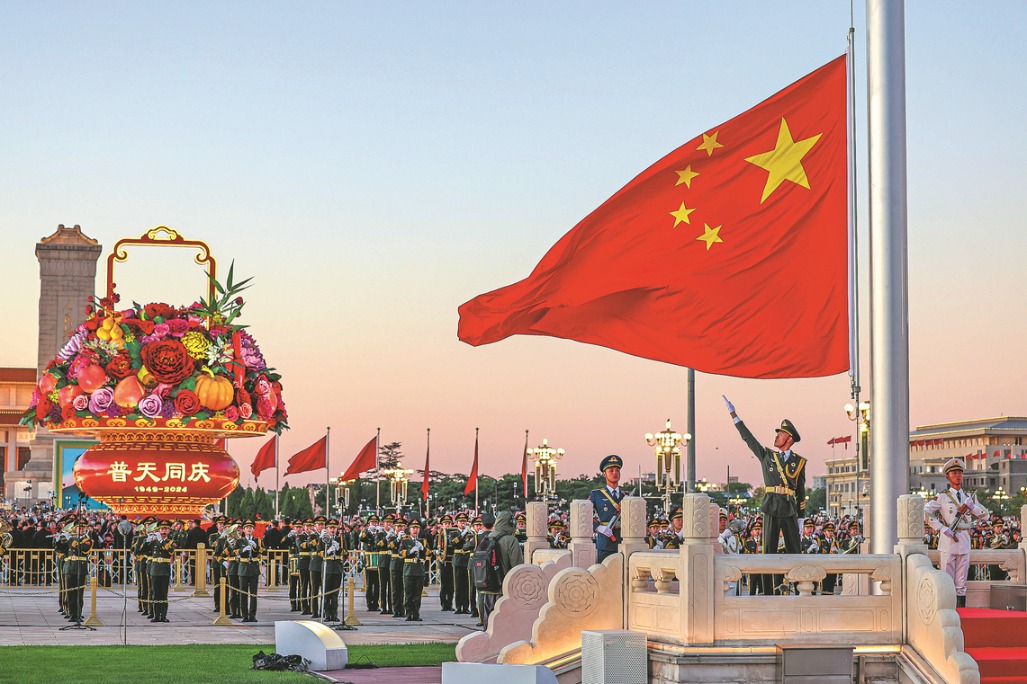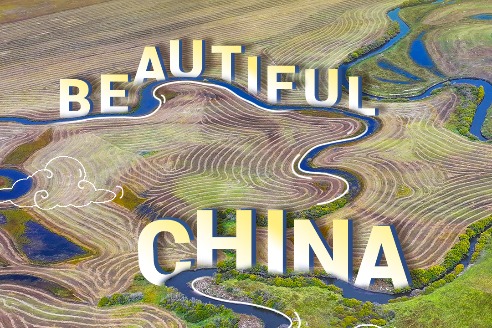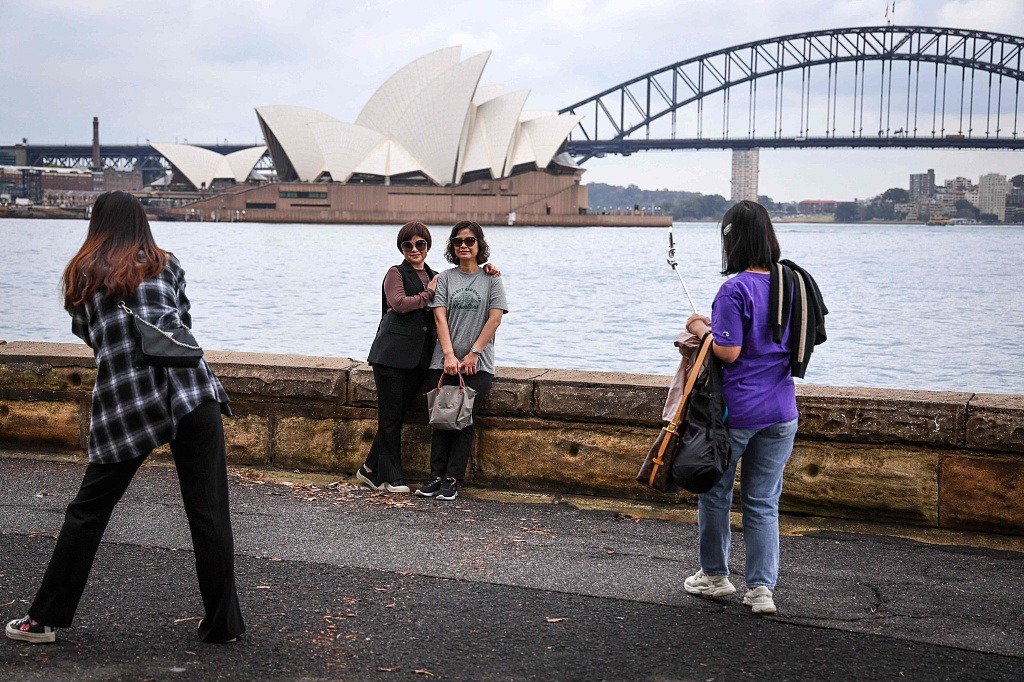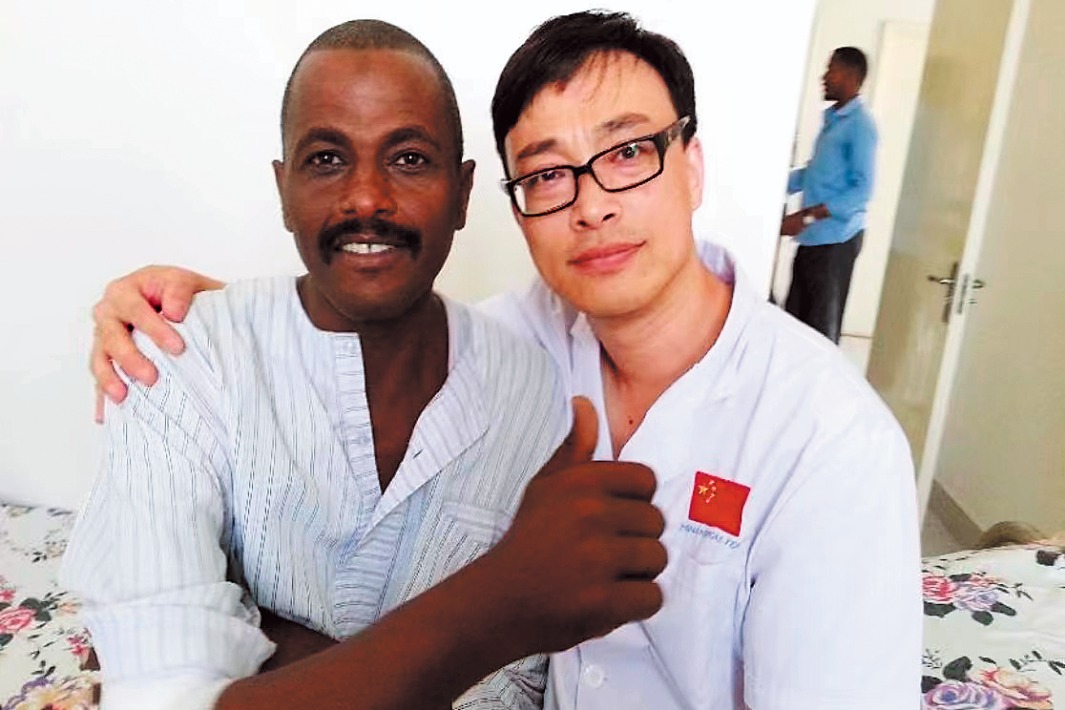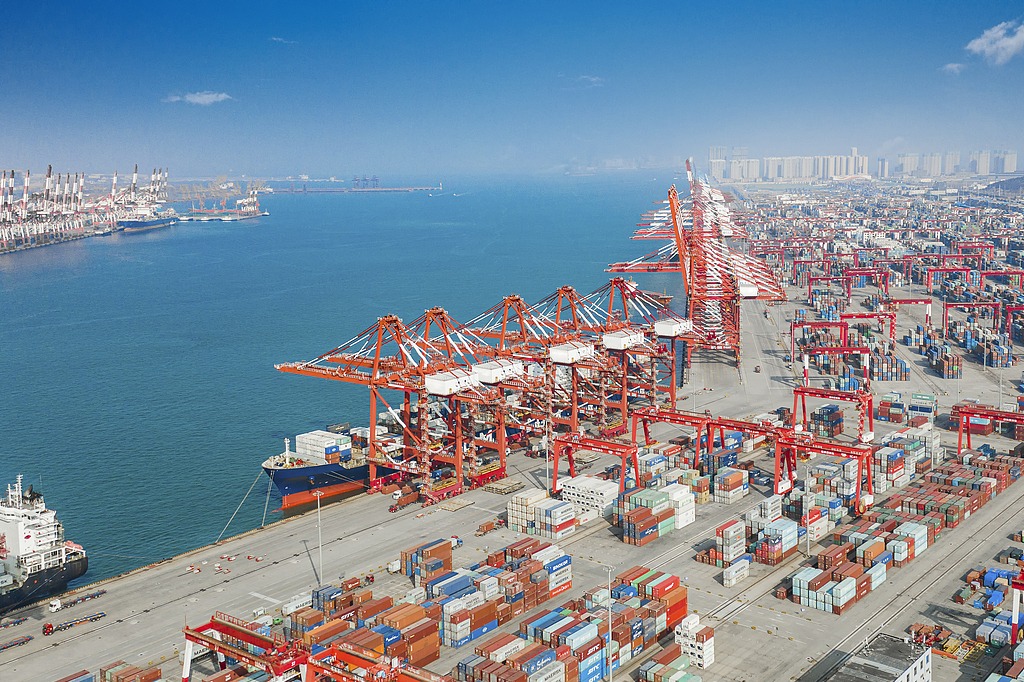China's US ambassador savored time with Kissinger
By ZHAO HUANXIN in Washington | chinadaily.com.cn | Updated: 2023-12-04 16:40
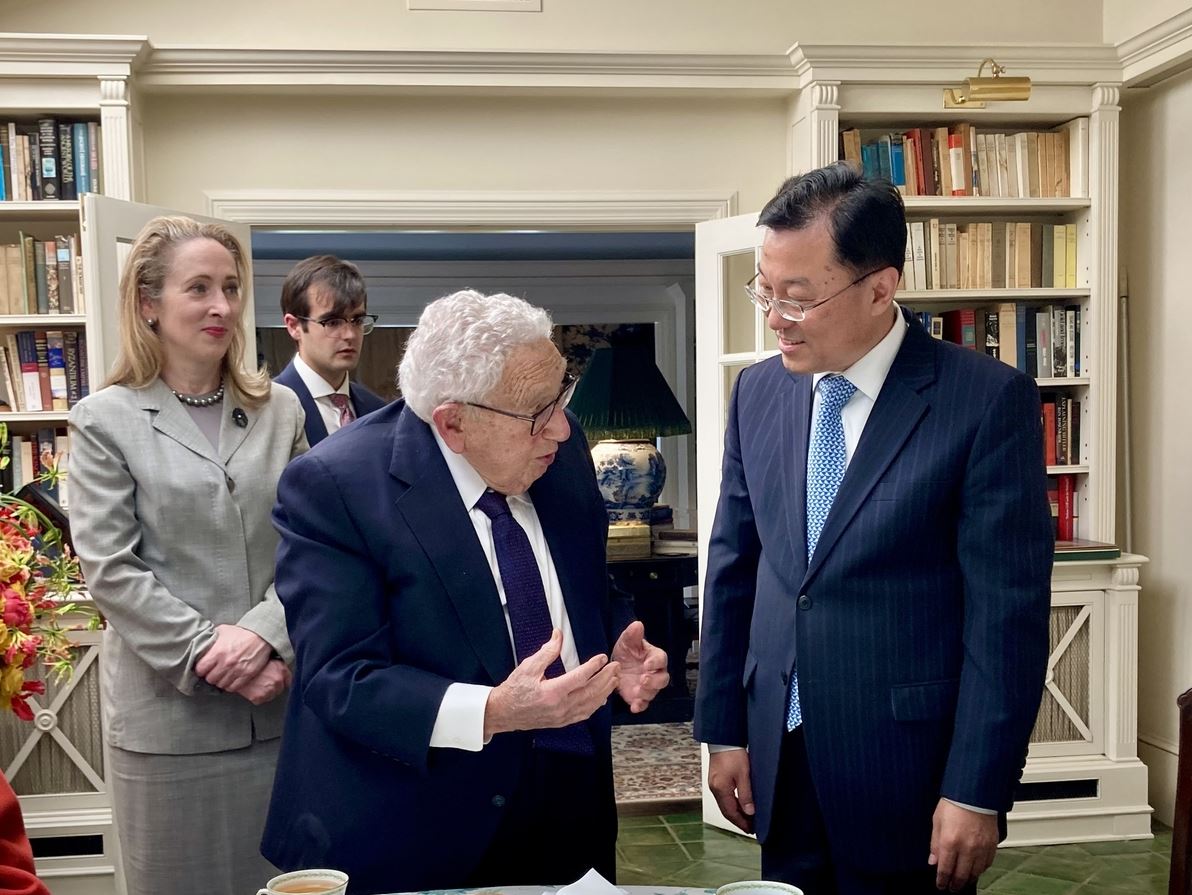
Chinese Ambassador to the United States Xie Feng assumed his post in the week that Henry Kissinger turned 100, so he visited the former US secretary of state at his home in Kent, Connecticut, on May 26, a day prior to his birthday, and five days later threw a party for him in New York.
At the birthday dinner, Kissinger savored squirrel fish and Moutai liquor with gusto. But nothing could beat Peking duck; after finishing his portion, the statesman requested one more with a bashful smile, Xie wrote in memory of the veteran diplomat who passed away on Wednesday.
"On a personal level, I found in him an unquenchable optimism and love for life," Xie wrote in the South China Morning Post on Monday of Kissinger, who had been "firmly convinced that peace and cooperation serve the fundamental interests of both China and the US, and the entire world".
Xie had since met Kissinger six more times, during which the centenarian told him he had "spent literally half of my life working on Chinese-American relations", taking it as his lifelong mission to promote the development of the bilateral relationship and increase the friendship between the two peoples.
"To best honor Kissinger, let's keep working on healthy, stable China-US relations," Xie wrote.
In his article, Xie paid tribute to the person whom he first heard of at age 7 when the national security adviser met Chinese leaders Mao Zedong and Zhou Enlai in 1971, and whose book White House Years and thinking on the "balance of power" aroused his interest in pursuing a career in diplomacy.
Xie called Kissinger "a man of wit and grit", who in the 1970s, when China and the US were estranged from each other for 22 years, he and President Richard Nixon foresaw the changing times and forged ahead to reopen the door of China-US relations together with Chinese leaders.
Decades later at the Gala Dinner 2023 of the National Committee on US-China Relations, Xie told the audience with Kissinger present, "Dr Kissinger is a trailblazer and ice-breaker."
In the article, Xie noted that after leaving office, Kissinger continued to follow the relationship with keen interest, proposing a "co-evolution" paradigm for the two countries to coexist peacefully.
In his 90s, Kissinger became obsessed with a very modern concern — the potentially disruptive implications of artificial intelligence, and ever since had been a most vocal advocate for China-US dialogue and cooperation on AI, Xie wrote.
Kissinger had visited China more than 100 times, the last trip in July after he turned 100, during which Chinese President Xi Jinping hosted him at Villa 5 of the Diaoyutai State Guesthouse, where he first met Premier Zhou 52 years ago.
The ambassador noted that he had been thinking of calling on Kissinger again after the Nov 15 summit in San Francisco between President Xi and US President Joe Biden, which fostered a forward-looking San Francisco vision.
Xi told Biden that the world is big enough to accommodate both countries, and one country's success is an opportunity for the other.
"I knew Dr Kissinger had been following the event with great interest," Xie wrote. "Never did I expect to not be able to see him again."
Xie called for efforts to follow up on the two presidents' common understanding; work together to turn the San Francisco vision into reality; and move China-US relations in the direction of healthy, stable and sustainable development.
"This, I think, is perhaps the best way to remember and honor Dr Henry Kissinger," the ambassador wrote.






